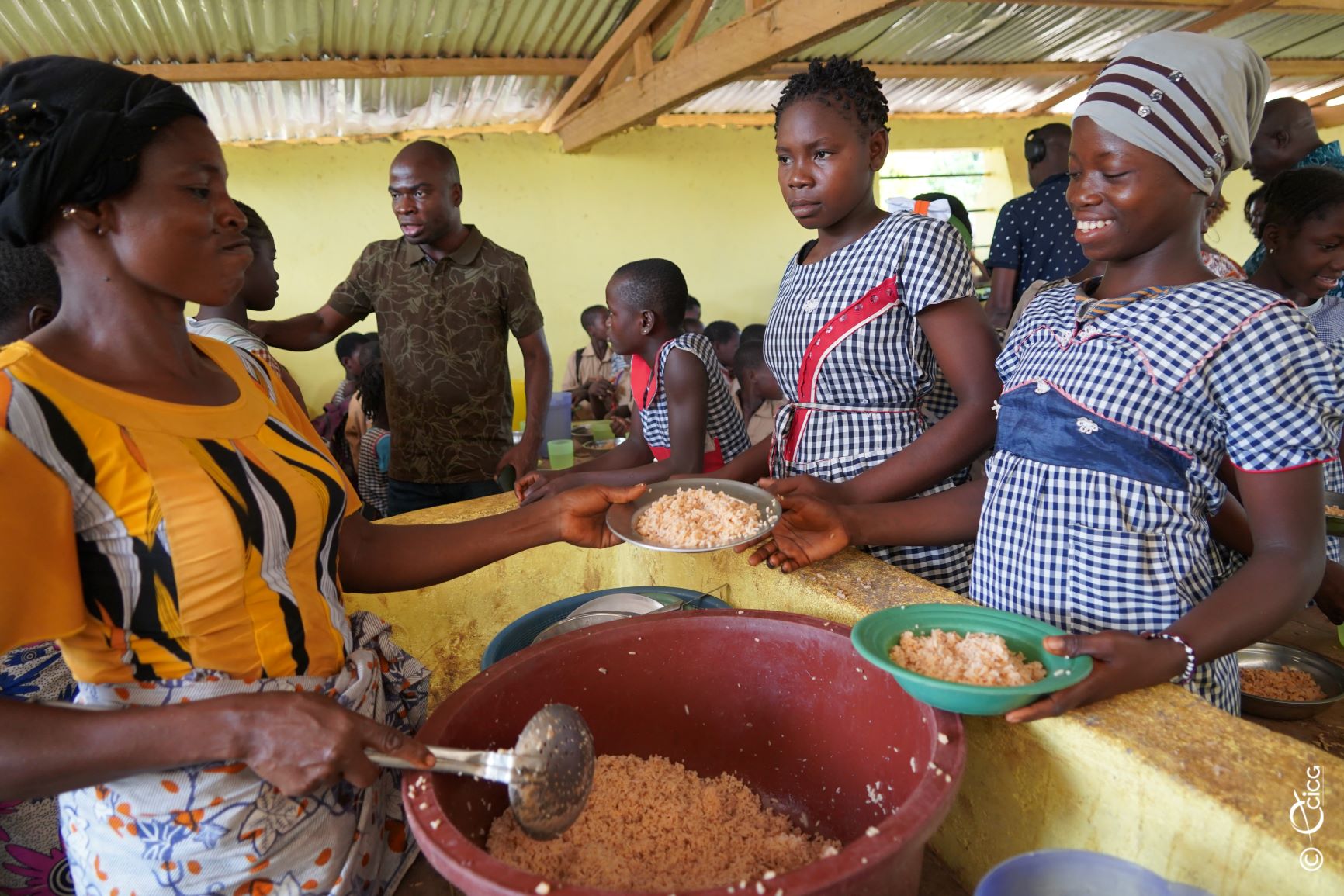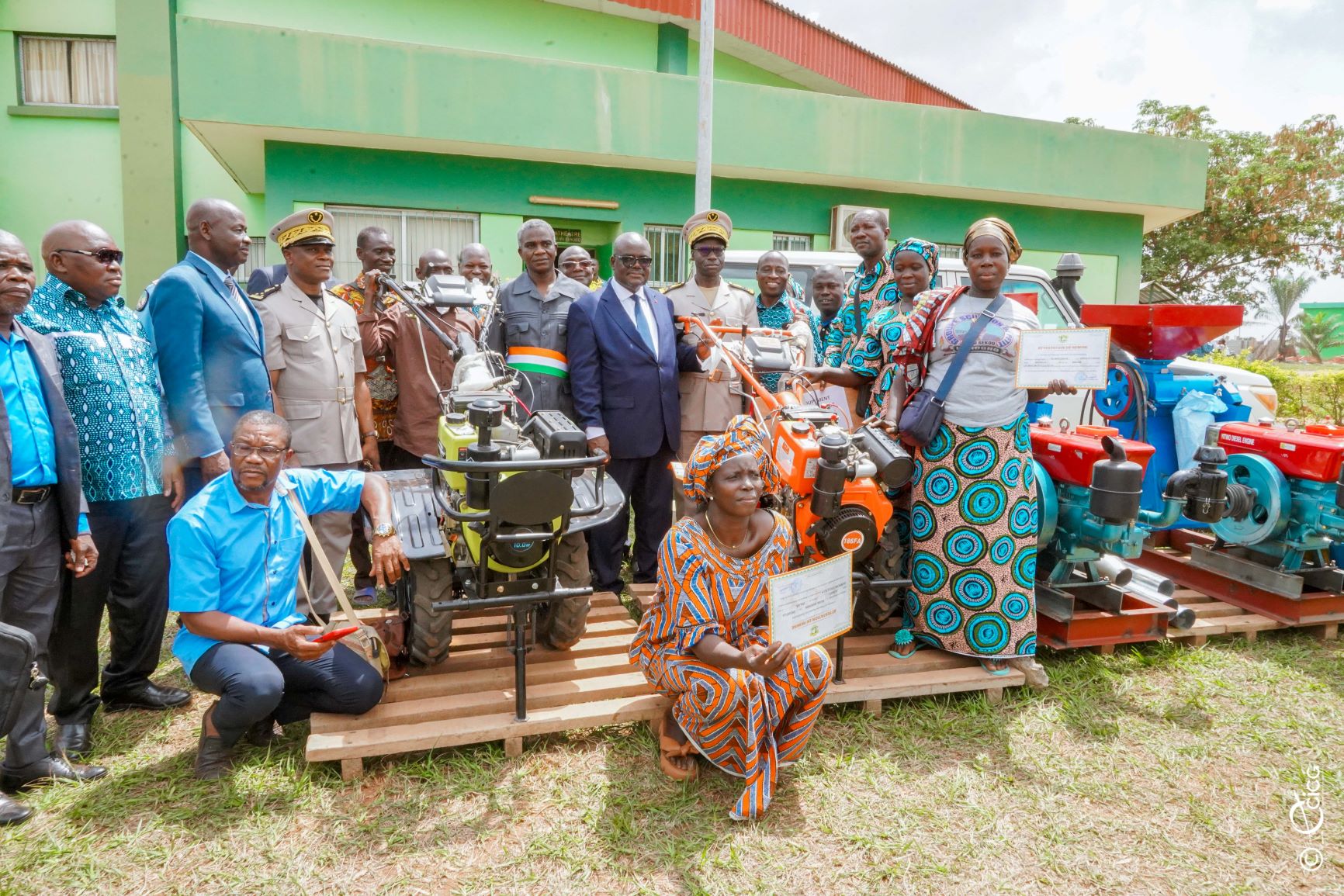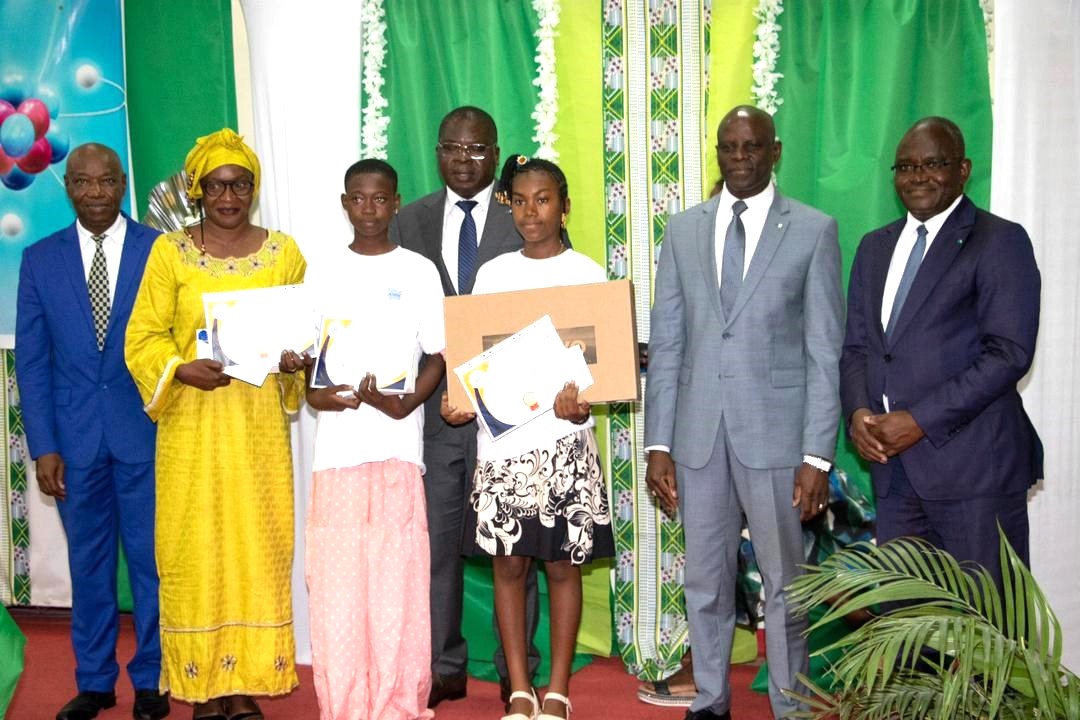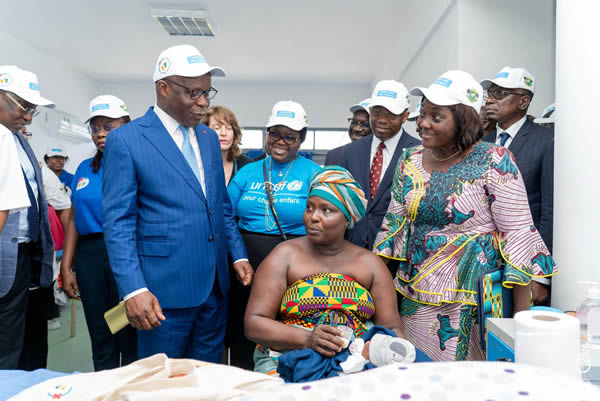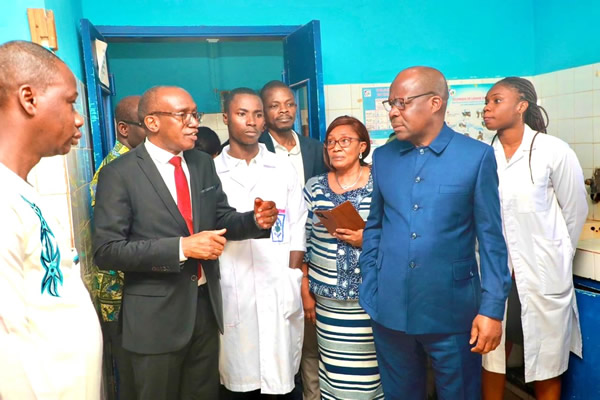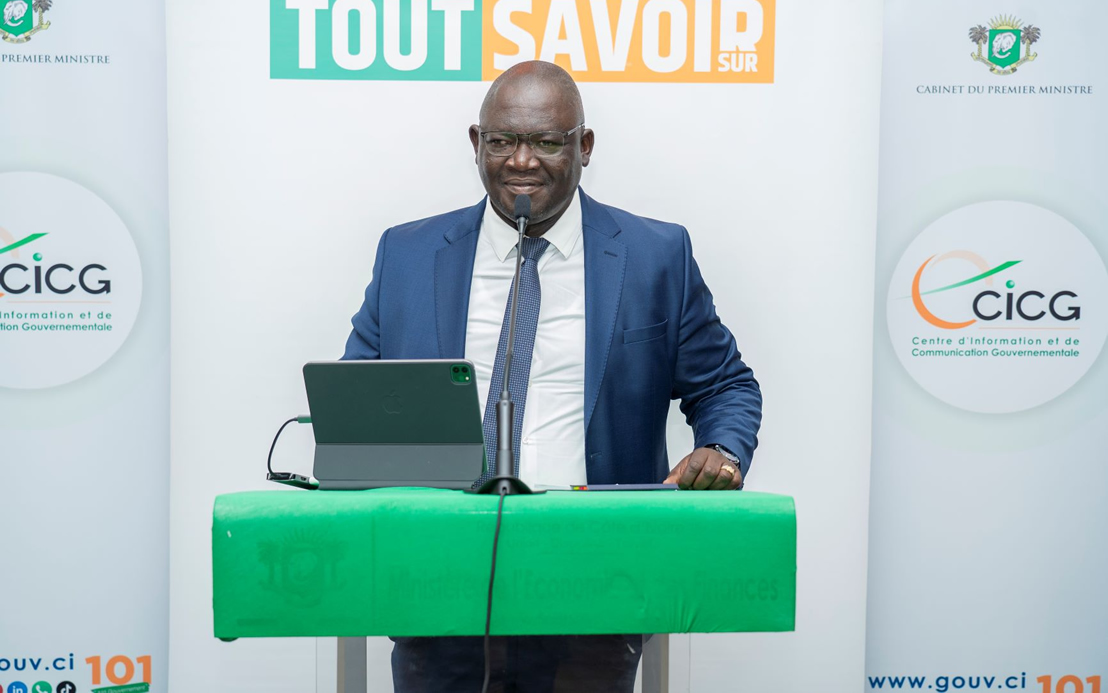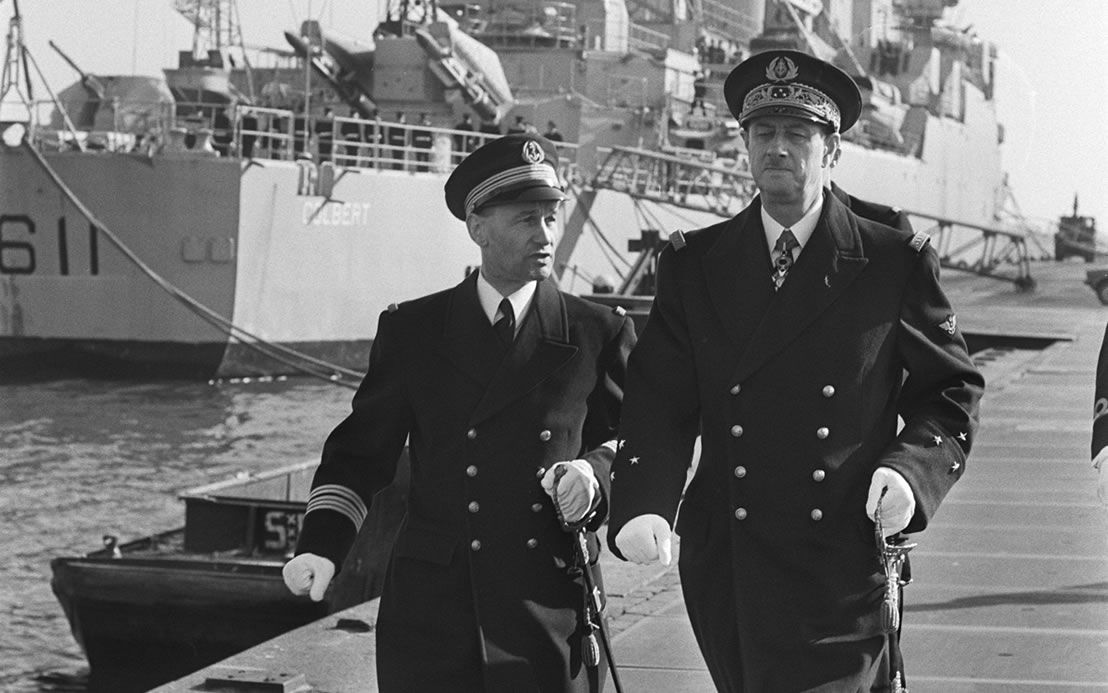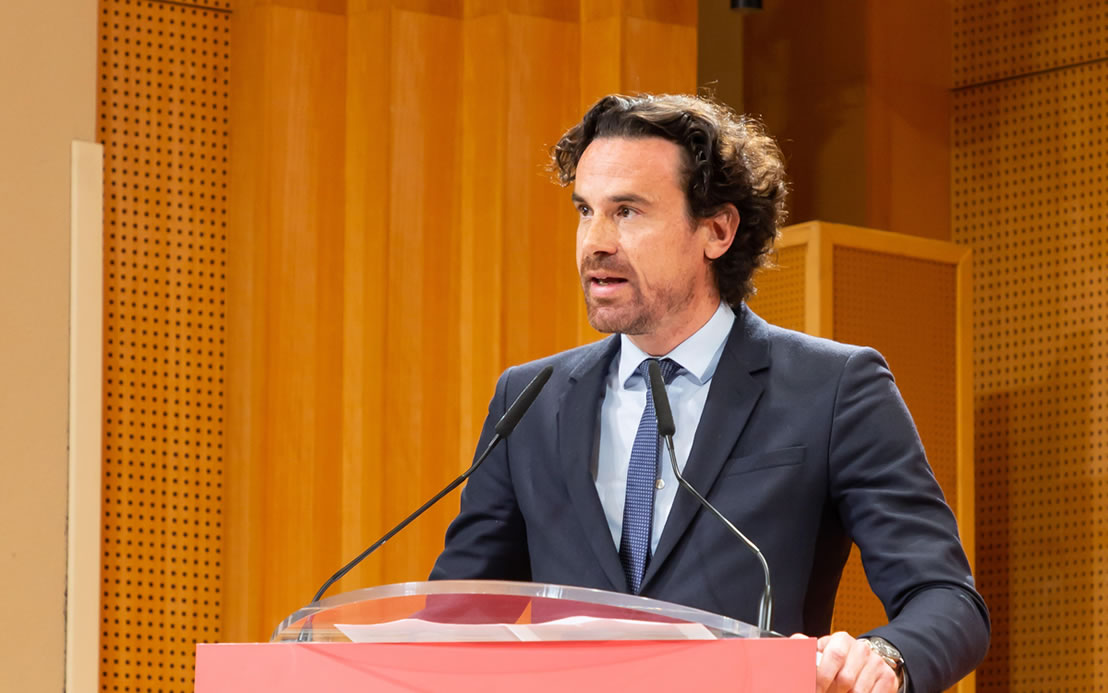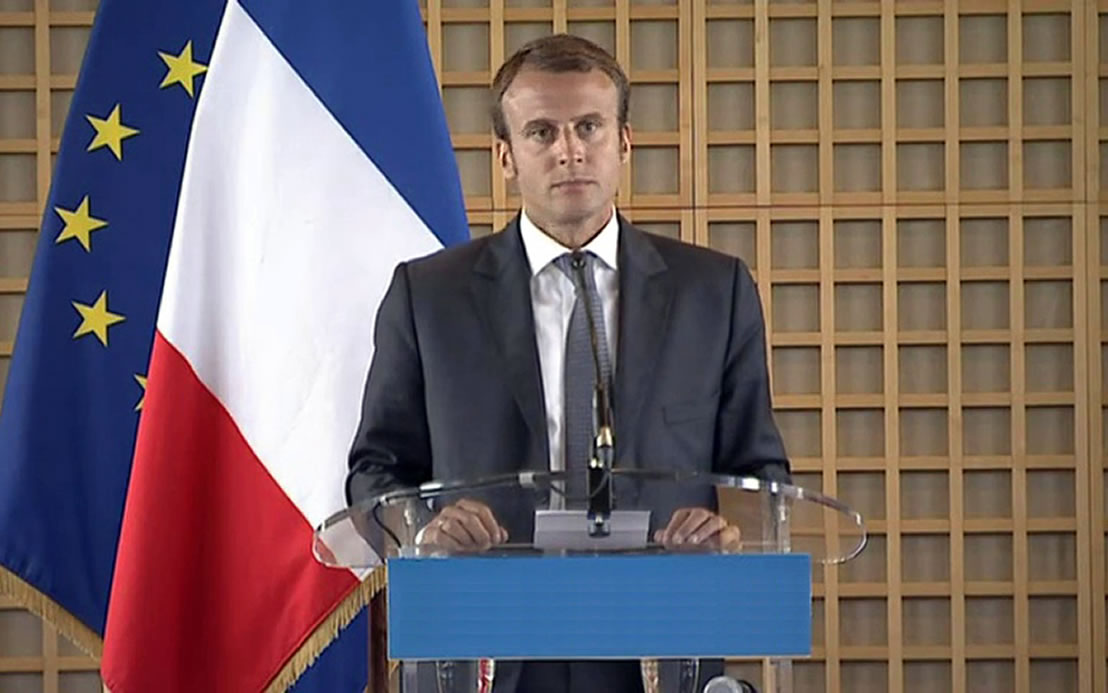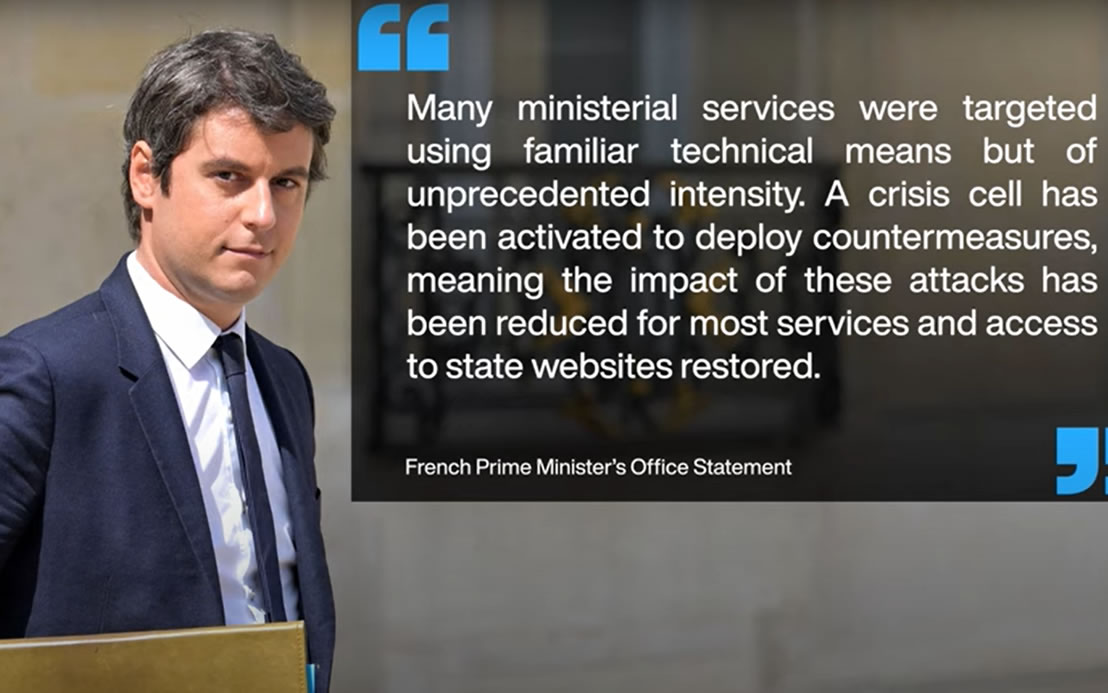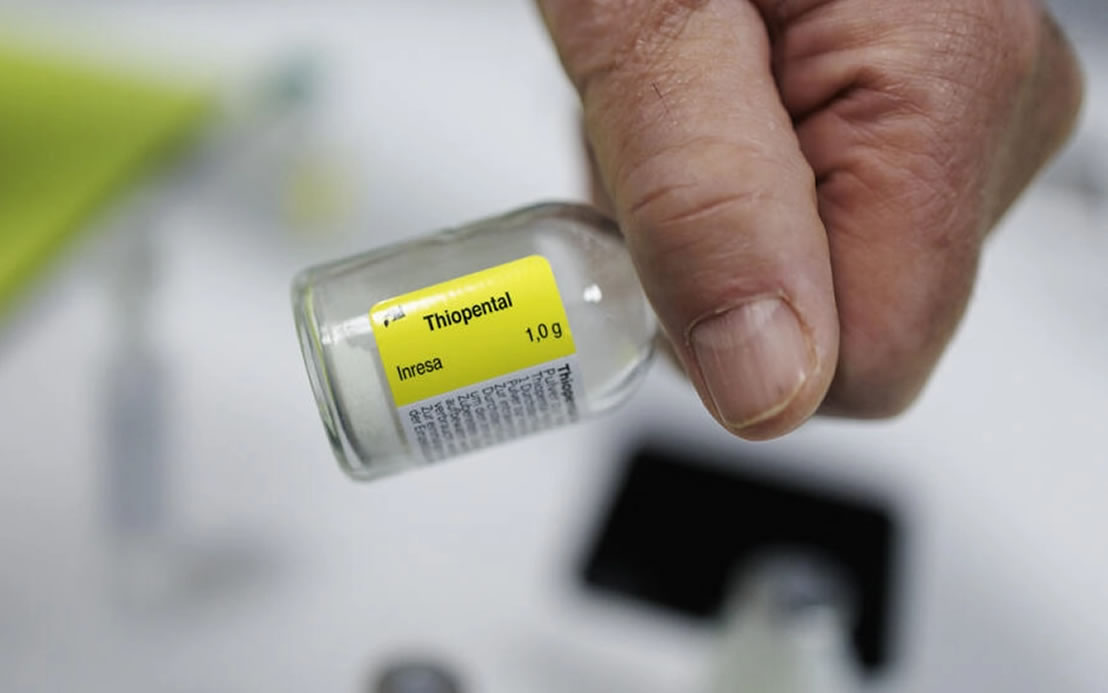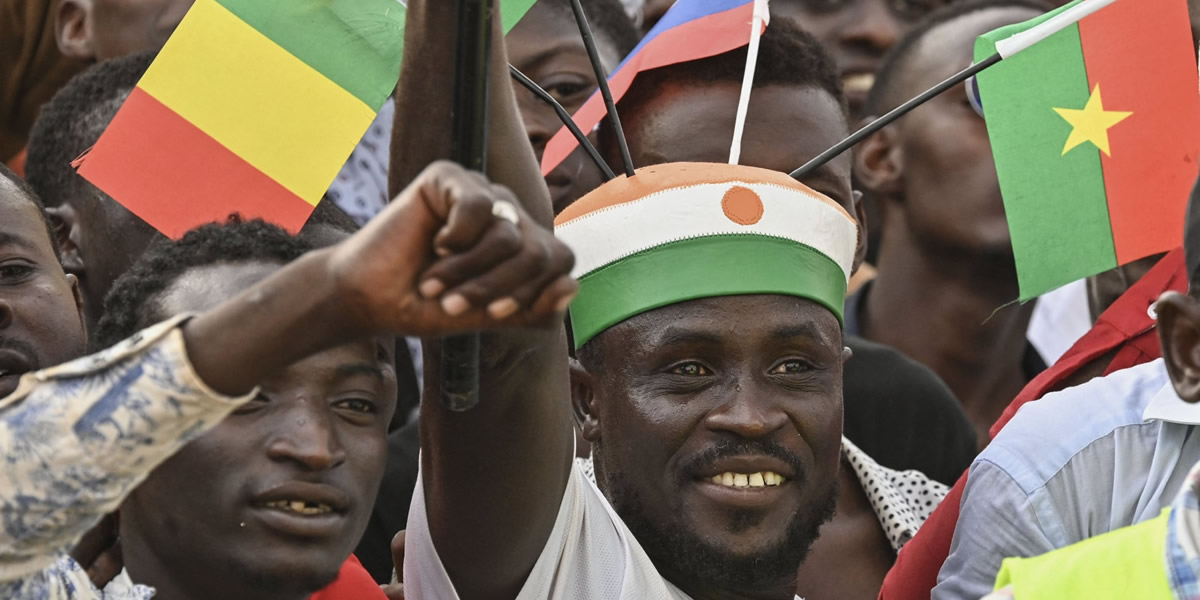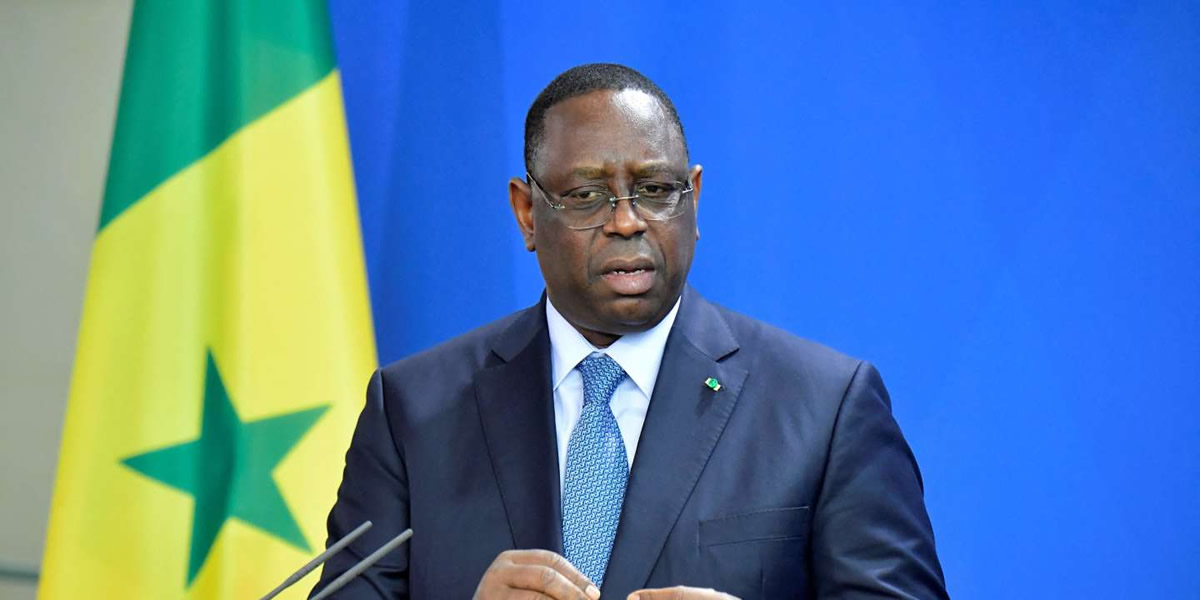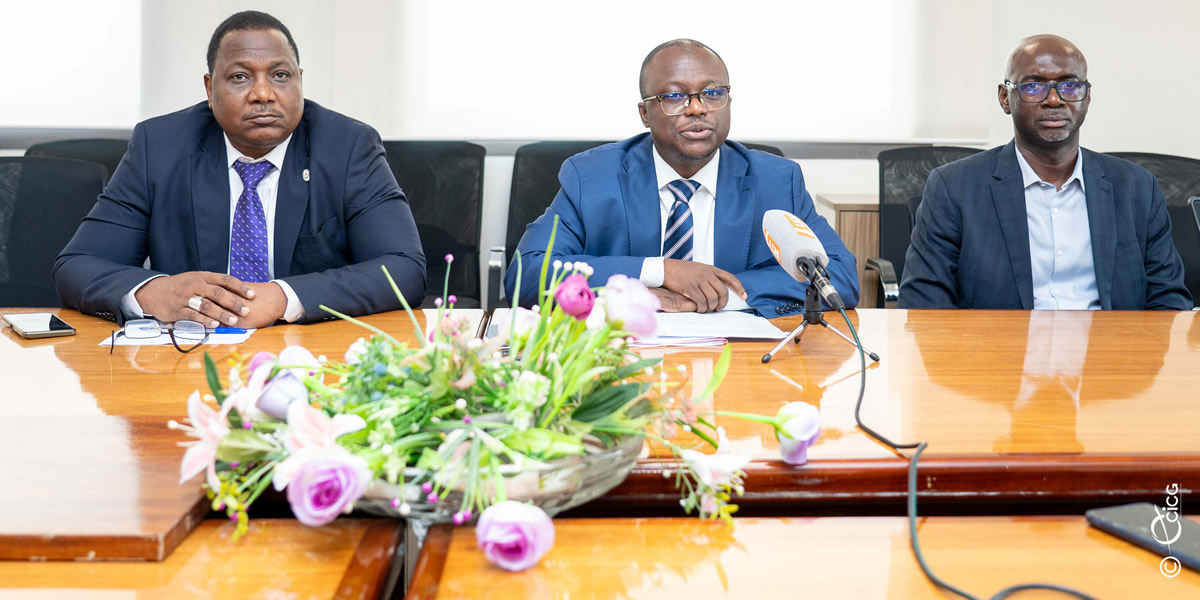ABIDJAN, March 19, 2024 – Côte d'Ivoire's ambitious agropole projects are transforming the nation's agricultural landscape. Out of nine planned agropoles, the Bélier and North projects are already delivering results. The North-East agropole nears completion, while studies for the North-West and Daloa (Central-West) projects kick off in 2025.
This was revealed by Comoé Kini Bernard, Director-General of Planning, Statistics, and Projects at the Ministry of State, Ministry of Agriculture, Rural Development, and Food Production, during the "Tout Savoir Sur" ("Know It All") discussion forum hosted by the Government Information and Communication Center (CICG).
"Our goal is to cover the entire country with nine functional agropoles by 2030," emphasized Comoé Kini Bernard. "This is our path to achieving true food sovereignty."
Agropole Success Stories: Bélier and North
The Bélier agropole exemplifies the success of these initiatives. It has revitalized the Yamoussoukro region with:
- 25 rehabilitated dams
- 2,000 hectares of new rice fields
- 7 rural markets
- 24 storage centers
- 2 sub-prefectural distribution hubs
- Support for seeds and cassava flour processing
- Training and inclusion of 800 young farmers
The vast North agropole, built on 100 hectares across the Poro, Bagoué, Tchologo, and Hambol regions, specializes in rice, mango, corn, market gardening, shea, meat, cashew nuts, aquaculture, and more.
Côte d'Ivoire's Agricultural Powerhouse
Agriculture is a cornerstone of Ivorian life, as Comoé Kini Bernard explained. Currently, the sector represents 18-20% of our GDP and provides close to 60% of our jobs. The agropole projects, backed by the second generation National Agricultural Investment Program (PNIA 2) and the PND 2021-2025, aim to maximize the vast potential of Côte d'Ivoire's agricultural resources.
What are Agropoles?
An agropole is a geographically defined area with high agricultural potential. Here's what sets them apart:
- Concentration of Resources: Agropoles focus investment and expertise, creating centers of agricultural excellence.
- Boosting Production: Agropoles expand and improve production of key crops and livestock.
- Value Addition: Agropoles emphasize local processing, increasing value for Ivorian farmers and the economy.
- Improved Infrastructure: Agropoles drive the construction of roads, storage, and market access.
- Job Creation: Agropoles provide employment, training, and opportunities for young people in agriculture.
Agropoles Across Côte d'Ivoire
Côte d'Ivoire's nine agropole projects are strategically distributed to capitalize on regional strengths:
- Bélier:(Yamoussoukro region)
- North: (Poro, Bagoué, Tchologo, Hambol regions)
- North-East (Near completion)
- North-West (2025 studies)
- Daloa (Central-West) (2025 studies)
"On est ensemble!" – Moving Forward Together
The "Tout Savoir Sur" forum, broadcast live on social media, brings vital information directly to Ivorians. The agropole projects are a source of national pride. As we like to say, "On est ensemble!" – we're in this together. Côte d'Ivoire is building a self-sufficient, prosperous future, and our agropoles are leading the way.




